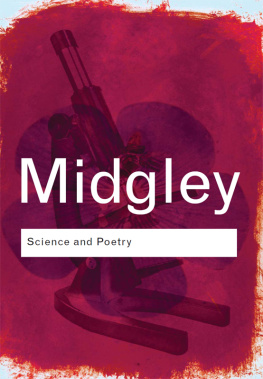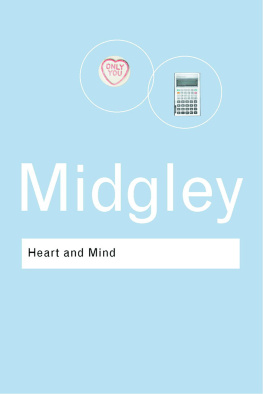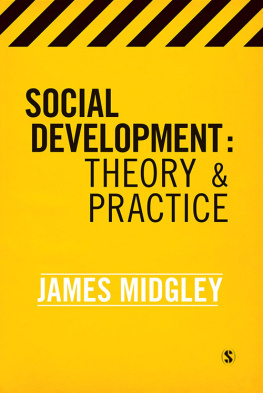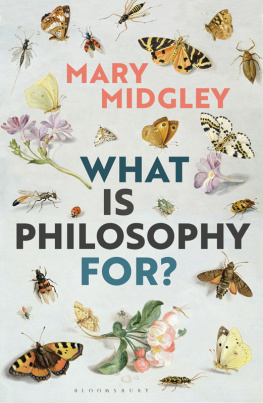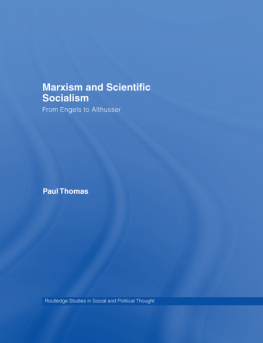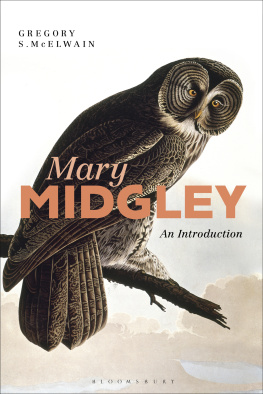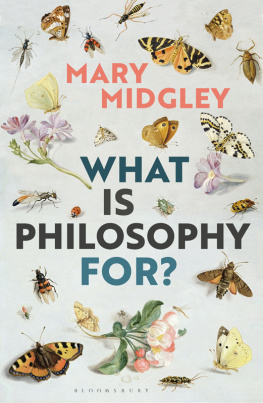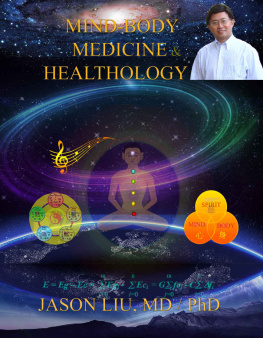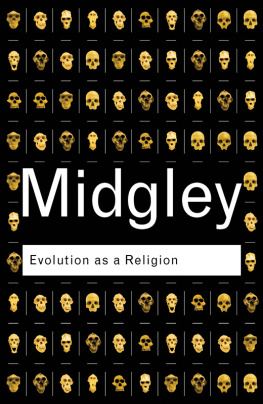SCIENCE AND POETRY
Science and Poetry is a clear and much needed investigation of why and how science has so powerfully shaped the way we understand ourselves, our behaviour towards others and our place in the world.
With her customary sharp insight and clear prose, renowned moral philosopher Mary Midgley shows how the roots of the problem lie in the fragmented, atomistic picture of science we inherited from the seventeenth century. Breaking the world up into small parts and observing them in isolation may work in science, but this book clearly spells out how this kind of approach can be disastrous when turned towards understanding ourselves, the environment and other people. Drawing on examples ranging from the Gaia hypothesis to the recent debate over memes, Mary Midgley spells out the unfortunate legacy of this situation: misguided attempts to reduce mind to body, political and moral individualism, and a needless backlash against science.
With its forceful argument that the arts and poetry can help us resolve some of these problems, Science and Poetry is essential reading for all those interested in philosophy and the relation between science and the arts.
Mary Midgley is a moral philosopher and the author of many books, including The Ethical Primate, Wisdom, Information and Wonder, Science as Salvation and Utopias, Dolphins and Computers.
SCIENCE AND
POETRY
Mary Midgley

First published 2001
by Routledge
11 New Fetter Lane, London EC4P 4EE
Simultaneously published in the USA and Canada
by Routledge
29 West 35th Street, New York, NY 10001
Routledge is an imprint of the Taylor & Francis Group
This edition published in the Taylor & Francis e-Library, 2001.
2001 Mary Midgley
All rights reserved. No part of this book may be reprinted or reproduced or utilised in any form or by any electronic, mechanical, or other means, now known or hereafter invented, including photocopying and recording, or in any information storage or retrieval system, without permission in writing from the publishers.
British Library Cataloguing in Publication Data
A catalogue record for this book is available from the British Library
Library of Congress Cataloging in Publication Data
Midgley, Mary, 1919
Science and poetry / Mary Midgley.
p. cm.
Includes bibliographical references and index.
1. SciencePhilosophy. 2. ScienceMethodology. I. Title.
Q175 .M612 2000
509dc21 00055817
ISBN 0415237327 (Print Edition)
ISBN 0-203-18794-6 Master e-book ISBN
ISBN 0-203-18917-5 (Glassbook Format)
FOR IAN AND JENNY
THANKS FOR EVERYTHING!
CONTENTS
PART I
Visions of rationality
PART II
Mind and body: the end of apartheid
PART III
In what kind of world?
ACKNOWLEDGEMENTS
of this book has grown out of two Victor Cook lectures (called Science and Poetry and Atoms, Memes and Individuals') which the University of St Andrews kindly invited me to give in 1998. The generous terms of this foundation allowed me to give these lectures in Leeds and Glasgow as well as at St Andrews itself, a friendly arrangement which gave me the benefit of much helpful discussion in all three places. I am grateful to John Haldane and to everybody else, both at St Andrews and at the other two universities, who made these occasions so lively and fruitful. It was at this stage that I began to see how several (apparently separate) lines on which I had been working might converge to form this book.
In incorporate two articles published in the Journal of Consciousness Studies One World but a Big One in vol. 3, no. 56, 1996 and Being Scientific about Our Selves in vol. 6, April 1999.
In enlarge on an article called Towards an Ethic of Global Responsibility which appeared in Human Rights in Global Politics (edited by Tim Dunne and Nicholas Wheeler, Cambridge University Press, 1999). The remaining five chapters are based on a pamphlet brought out by DEMOS in 2000 and called Individualism and the Concept of Gaia. I am grateful to all the publishers and editors involved for making possible these earlier publications and for allowing versions of them to be reprinted here.
I have, of course, had endless help from friends, colleagues and fellow-explorers of this vast territory, notably from John Ziman, Steven Rose, Brian Goodwin, James Lovelock, Raymond Tallis, Rom Harr, Mary Clark, Anne Primavesi and Andrew Brown. Claire Lamont has been most helpful in saving me from major errors about current literary criticism. Strachan Donnelley and his colleagues at the Hastings Center have repeatedly reminded me of ways in which the world is even wilder than I had been supposing. And my philosophical colleagues in Newcastle who have survived the destruction of their department Ian Ground, Judith Hughes, Willie Charlton and Michael Bavidge have continually thrown light on my awkward problems. So have David Midgley and David Brazier, who have also on top of contributing a useful Buddhist angle given me invaluable help, along with Tom and Martin Midgley, in baffling the malice of the Word Processor.
I have to thank the Society of Authors, which is the literary representative of the Estate of A.E. Housman, for permission to print a poem from A Shropshire Lad which appears on p. 89.
INTRODUCTION

WHO ARE WE?
This is a book about personal identity, about who and what we are. It is about the unity of our lives. It tries to suggest how we can resist the academic fashions that now fragment us. It looks at the various aspects of our 1 selves which get separated by being involved in the different arts and sciences, and it asks how we can bring them together within our wider life. In particular, it asks how we can bring together our ideas of science and poetry within a whole that has a place for both of them. It investigates the strange, imperialistic, isolating ideology about science which now makes this kind of connection seem impossible.
That ideology is what makes science itself look alarming today. What is called anti-science feeling is not usually an objection to the actual discovery of facts about the world. (That would be very odd.) Instead, it is a protest against this imperialism a revulsion against the way of thinking which 1 deliberately extends the impersonal, reductive, atomistic methods that are appropriate to physical science into social and psychological enquiries where they work badly. That they do work badly there has often been pointed out. Yet these methods are still often promoted as being the only rational way to understand such topics.
This deliberate extension makes it seem as if something called science is forbidding us to be human. But science does no such thing. The call to extend its methods into unsuitable territory does not come from science itself but from a peculiar vision of the world, a set of imaginative habits that have been associated with modern science since its dawn in the seven-1 teenth century. Our visions our ways of imagining the world determine the direction of our thoughts, as well as being the source of our poetry. Poetry exists to express those visions directly, in concentrated form. But they are also expressed less directly in all our thoughts and actions, including 1 scientific ones, where they often pass unnoticed and uncriticised.
SCIENTIFIC PSYCHOLOGY?

